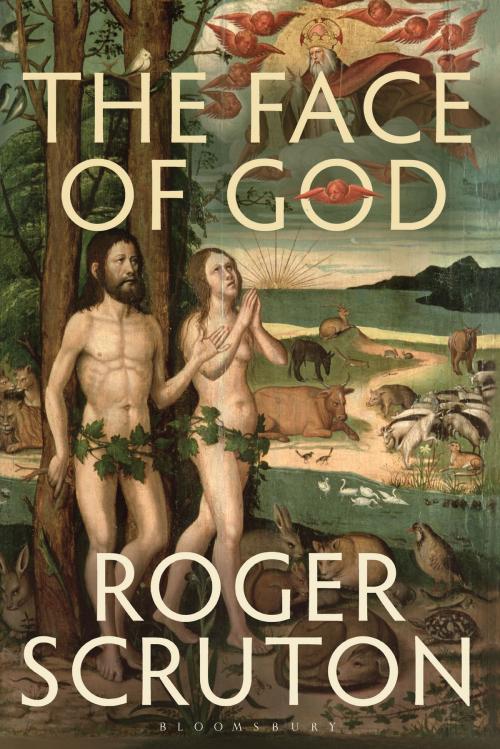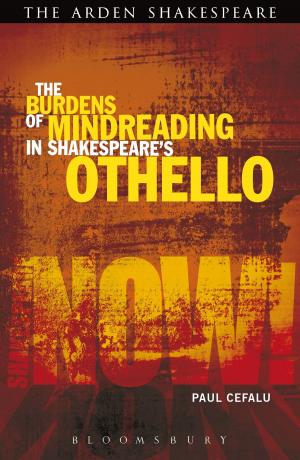| Author: | Sir Roger Scruton | ISBN: | 9780826432070 |
| Publisher: | Bloomsbury Publishing | Publication: | March 8, 2012 |
| Imprint: | Continuum | Language: | English |
| Author: | Sir Roger Scruton |
| ISBN: | 9780826432070 |
| Publisher: | Bloomsbury Publishing |
| Publication: | March 8, 2012 |
| Imprint: | Continuum |
| Language: | English |
Roger Scruton explores the place of God in a disenchanted world. His argument is a response to the atheist culture that is now growing around us, and also a defence of human uniqueness. He rebuts the claim that there is no meaning or purpose in the natural world, and argues that the sacred and the transcendental are 'real presences', through which human beings come to know themselves and to find both their freedom and their redemption.
In the human face we find a paradigm of meaning. And from this experience, Scruton argues, we both construct the face of the world, and address the face of God. We find in the face both the proof of our freedom and the mark of self-consciousness. One of the motivations of the atheist culture is to escape from the eye of judgement. You escape from the eye of judgement by blotting out the face: and this, Scruton argues, is the most disturbing aspect of the times in which we live. In his wide-ranging argument Scruton explains the growing sense of destruction that we feel, as the habits of pleasure seeking and consumerism deface the world. His book defends a consecrated world against the habit of desecration, and offers a vision of the religious way of life in a time of trial.
Roger Scruton explores the place of God in a disenchanted world. His argument is a response to the atheist culture that is now growing around us, and also a defence of human uniqueness. He rebuts the claim that there is no meaning or purpose in the natural world, and argues that the sacred and the transcendental are 'real presences', through which human beings come to know themselves and to find both their freedom and their redemption.
In the human face we find a paradigm of meaning. And from this experience, Scruton argues, we both construct the face of the world, and address the face of God. We find in the face both the proof of our freedom and the mark of self-consciousness. One of the motivations of the atheist culture is to escape from the eye of judgement. You escape from the eye of judgement by blotting out the face: and this, Scruton argues, is the most disturbing aspect of the times in which we live. In his wide-ranging argument Scruton explains the growing sense of destruction that we feel, as the habits of pleasure seeking and consumerism deface the world. His book defends a consecrated world against the habit of desecration, and offers a vision of the religious way of life in a time of trial.















